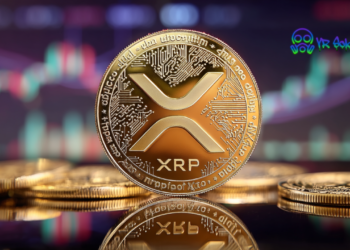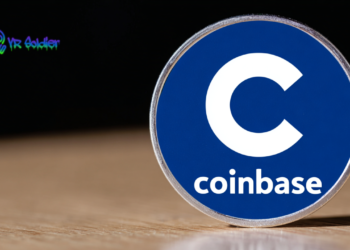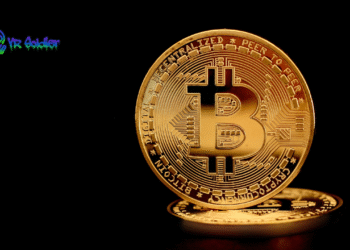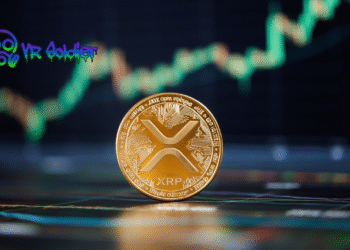Centralized exchanges are essential in the cryptocurrency sector, serving not only as trading venues for digital assets but also as important participants in the fight against fraud, theft, hacking, and money laundering. These exchanges can greatly help to maintain the integrity and trustworthiness of the ecosystem due to their centralized nature and use of strong security measures.
Verification Processes
First of all, centralized exchanges use strict Know Your Customer (KYC) and Anti-Money Laundering (AML) policies for customer identification and verification. Before engaging in trading operations, these controls require users to submit personal data, including identification documents and proof of address. Exchanges effectively dissuade criminals from using bitcoins for illegal reasons by upholding these laws.
Monitor Real-Time Transactional Data
Secondly, real-time monitoring and analysis of transactional data is possible with centralized exchanges. To identify attempts at money laundering, highlight possibly fraudulent activity, and find suspect patterns, they use complex algorithms and cutting-edge technology. These interactions support investigations and the prevention of criminal activity by sharing information and offering insightful perspectives with regulatory organizations and law enforcement agencies.
Insurance Policies
Furthermore, to safeguard users in the case of a security breach or hack, centralized exchanges frequently retain reserve cash or insurance policies. Exchanges lessen the danger of unauthorized access by keeping a portion of the assets offline in cold storage. They also deploy strong cybersecurity measures and undertake regular security assessments to protect user payments. Exchanges can prevent losses and provide user reimbursement in the sad case of a hack, preserving faith and confidence in the sector.
Token Listing And Delisting
Finally, centralized exchanges enable the listing and delisting of tokens by carefully vetting projects that want to be listed. This assists in weeding out dishonest or scam projects, safeguarding investors from possible losses. Additionally, exchanges frequently work with regulatory organizations to make sure that laws are followed, effectively establishing a regulated environment that deters unlawful activity.
As a result of their proactive efforts, the industry may become more dependable and desirable to both individual and institutional investors.
Disclosure: This is not trading or investment advice. Always do your research before buying any cryptocurrency or investing in any projects.
Follow us on Twitter @thevrsoldier to stay updated with the latest Metaverse, NFT, A.I., Cybersecurity, Supercomputer, and Cryptocurrency news!
Image Source: andose24/123RF// Image Effects by Colorcinch












